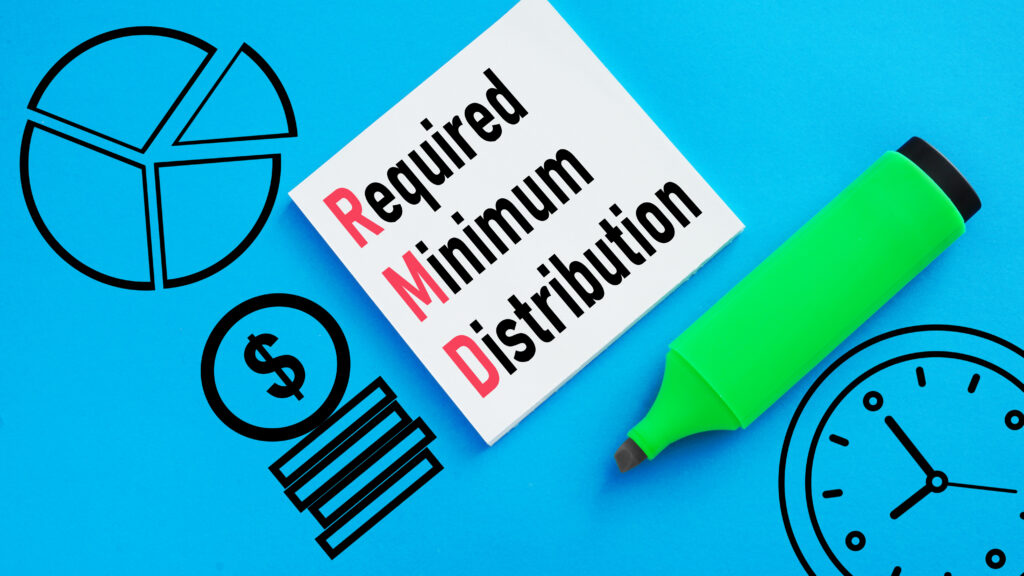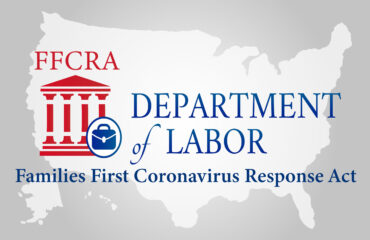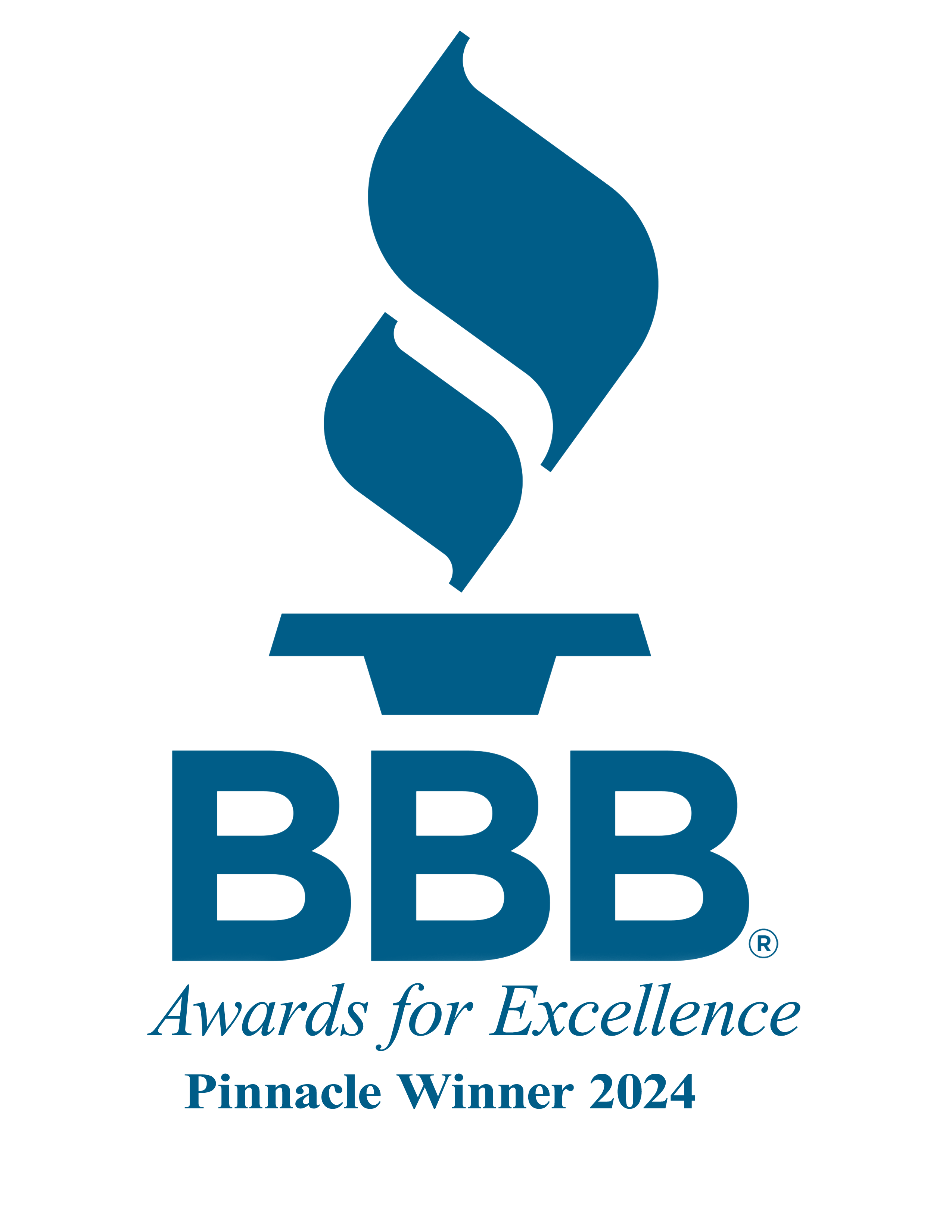By Bryan Uecker, QPA, QPFC, AIF, AIFA


A Required Minimum Distribution (RMD) is the mandated withdrawal amount from certain retirement accounts on an annual basis after reaching a specific age. These rules were established by the government to prevent retirement accounts from being used solely for estate planning purposes to transfer wealth to beneficiaries upon the account holder’s death. It’s crucial for participants in 401(k) plans to grasp these regulations as failure to comply with RMD requirements can lead to tax penalties imposed by the IRS.
Understanding the “Required” Aspect of RMDs:
An RMD must be distributed from your 401(k) account each year once you reach a designated age. However, if you’re still employed when you reach this age, your plan might allow you to postpone RMDs until retirement.
RMD Age or Retirement:
The age for commencing RMDs is determined by your birth year:
– Born before July 1, 1949: RMD age is 70 ½
– Born after June 30, 1949, and before January 1, 1951: RMD age is 72
– Born in 1951 through 1959: RMD age is 73
– Born after 1959: RMD age is 75

However, you might be able to defer your initial RMD beyond this age if you’re still employed by the plan sponsor and don’t own more than 5% of the business. Owners with more than 5% ownership must start RMDs at the designated age.
RMD Deadline:
Typically, you must receive the RMD by December 31 of the relevant year. However, the first RMD can be delayed until April 1 of the following year if it’s the later of reaching RMD age or retiring (if allowed by the plan and you’re not a 5% owner).
RMDs Upon Death:
Regardless of whether you’ve reached RMD age, distributions must be made from your 401(k) account upon your death. Beneficiaries usually have ten years to withdraw the full amount, though some, like spouses or minor children, might be eligible for extended payment periods.
RMDs with BORSA®:
For many BORSA® clients, employer securities make up the bulk of their 401(k) balance. The corporation can repurchase shares to cover the RMD, or the participant can opt for an “in-kind” distribution in employer securities equivalent to the RMD’s fair market value. The participant is subject to ordinary income tax on the in-kind distribution and holds the stock personally.
RMDs and Roth 401(k) Accounts:
Starting with the 2024 RMDs, Roth 401(k) accounts are not subjected to the same RMD rules. Prior to 2024, Roth 401(k) accounts followed the same rules but were non-taxable.
By Bryan Uecker, QPA, QPFC, AIF, AIFA









